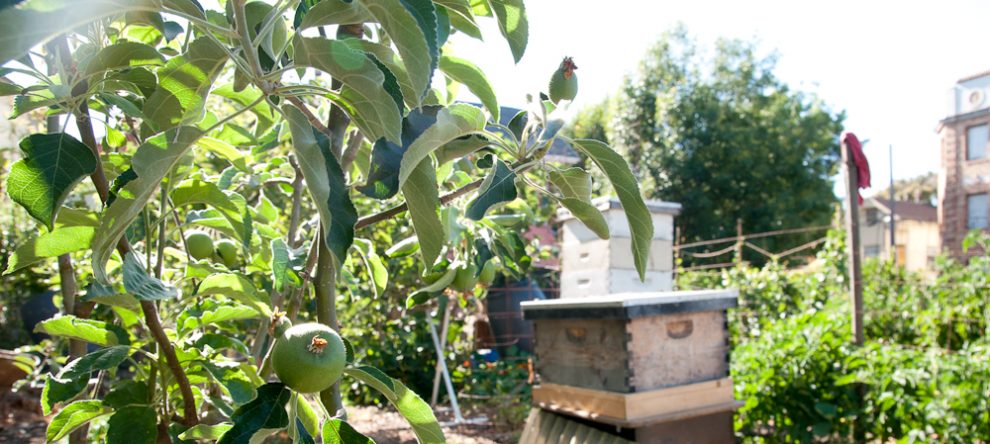Don’t ask me how I had time, but when the NYTimes ethicist sponsored a writing contest on “Why I Eat Meat”, I felt compelled to enter. I think about this kind of thing all the time. Of course I didn’t “win” the contest. No one even contacted me to say “Thanks but no thanks.” They are busy. I understand. So here’s my essay:
Why I Eat Meat
Last week, someone broke into my backyard and scrawled on my shed, “Don’t Kill Animals—they are our equals.” I’m an urban farmer in Oakland, well-known for raising turkeys, rabbits, goats, ducks, even pigs in my backyard and lot farm near downtown. As a city farmer, I’m used to rubbing elbows—and getting into heated arguments—with vegans and vegetarians. These meat-avoiders don’t want to kill animals. They love animals. Things is, so do I: I love animals and I love to eat them.
The words of a psychopath? In this burgeoning world of designer dogs, pet daycare, and the House Rabbit Society: maybe. But in a world where there is a working relationship between man and beast, no. Increasingly, this world is disappearing; the working animal replaced by pets that are treated like humans.
I read the words again as my dairy goats thoughtfully chewed their cud, a chicken clucked the arrival of an egg, and the meat ducks splashed nearby. Here’s the deal: I feed my ducks and give them shelter—they in turn lay eggs, build nests, and hatch out ducklings. I feed the ducks bugs and excess produce from the garden—and their manure then goes to grow more vegetables. I cull the offspring—process them into delicious roast duck. It’s a cycle. This cycle, this closeness is what I love about farming—and eating meat. It nudges us to think about our role in the cosmos—that one day we too will be food, if only worm food.
Another cycle: my dairy goats. They are bred (which they seem very happy about doing), have offspring which stimulates their milk production. I take some of the milk to drink, and to make cheese and yogurt. The female offspring are retained or sold, the male offspring are processed into meat. I’ve had a Yemeni storekeeper from down the street help me slaughter a young buckling. It involved a prayer and a song. It was, literally, a sacrifice—sacred. I split the goat with the storekeeper who was keen to get the intestines, heart, stomach. His wife would cook their traditional meals with the goat meat; I would make a delicious stew. Nothing was wasted.
Let’s say I took the advice of the graffiti artist to not kill animals, and if everyone else did too—what would that world look like? On my farm, that would mean the ducks would breed infinitely, they would overpopulate the garden, ravage the vegetables and make too much manure; and the young goat buck would grow into an increasingly smelly and feisty beast, making the milk of the does taste foul.
And if proceed to the logical endpoint of a vegan world where we ate tempeh or petri dish grown “meat”: there would be no working animals. No pigs, with their joyous rutting; no chickens scratching for worms; no goats capering. Sure, maybe a vegan utopia would spring up and host a series of “farms” complete with geriatric cows and wizened turkeys, living far beyond their natural lifespan. But would this farm allow for reproduction, a natural process that all animals strive for? What about sick animals?
In the end, domesticated animals are not our equals, they are our creation. We have to take responsibility for them. I do so gladly. I enjoy the antics of the ducks and the goats–of feeding them well so they will then feed me well. I love living in a world filled with animals that remind us that we are part of the cycle, that one day we too will die.

